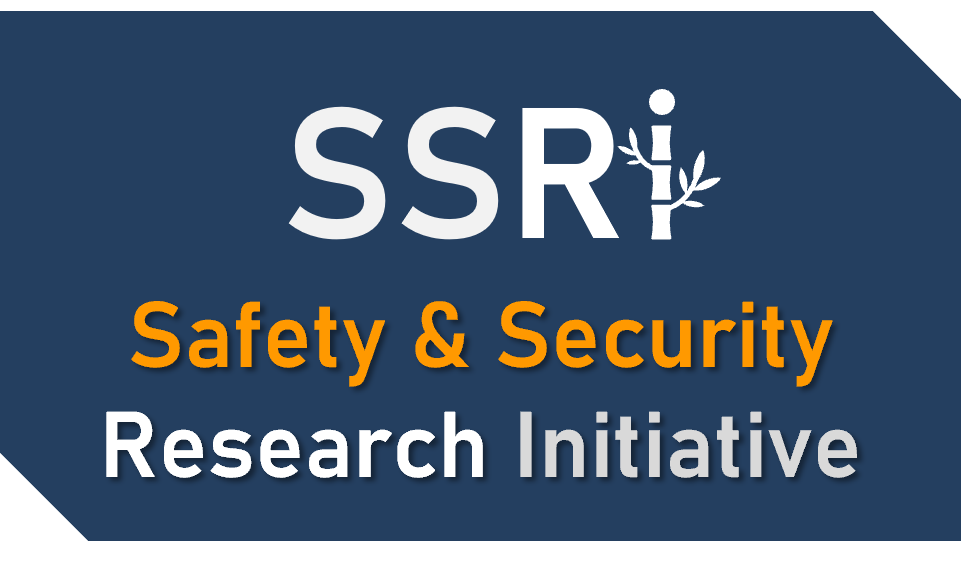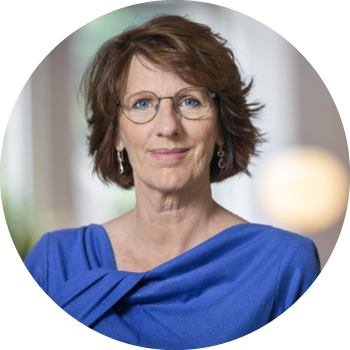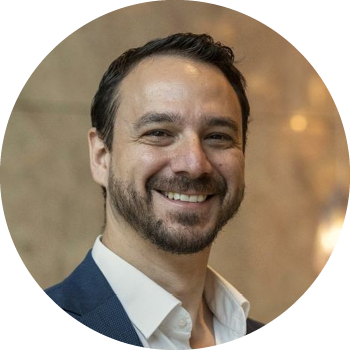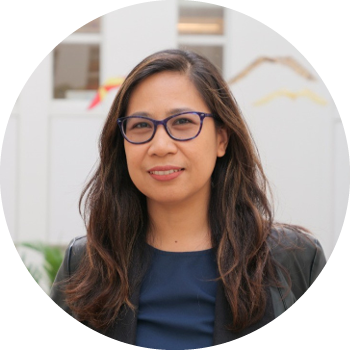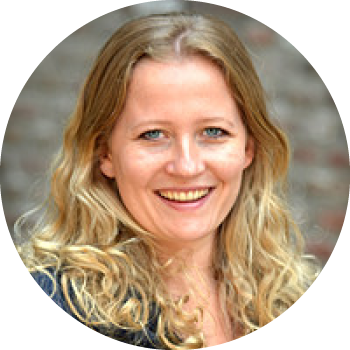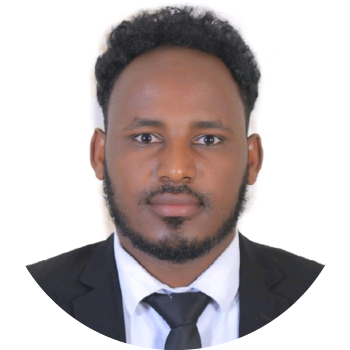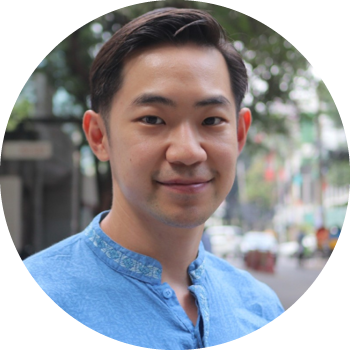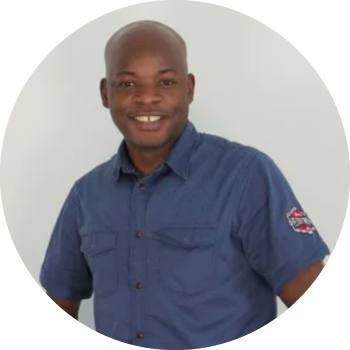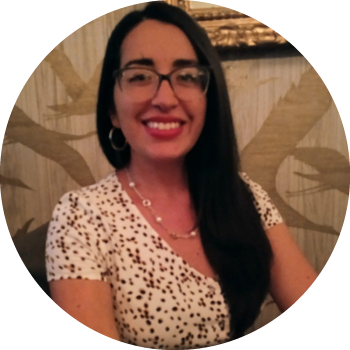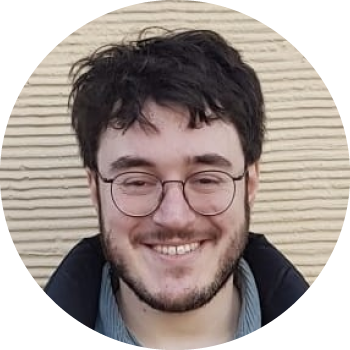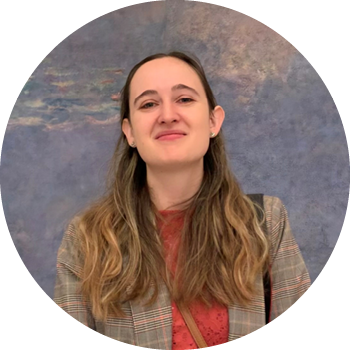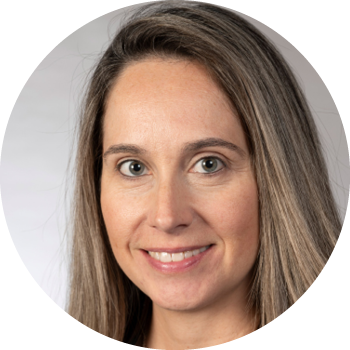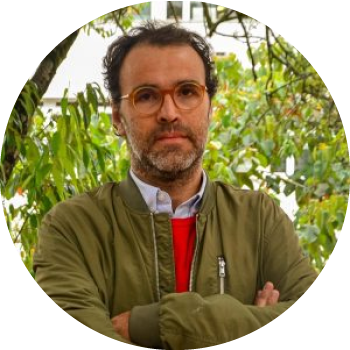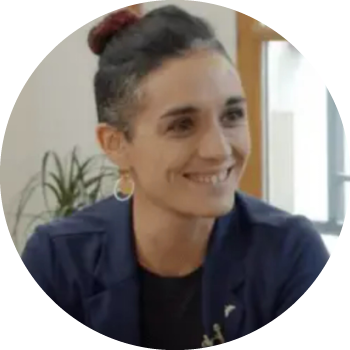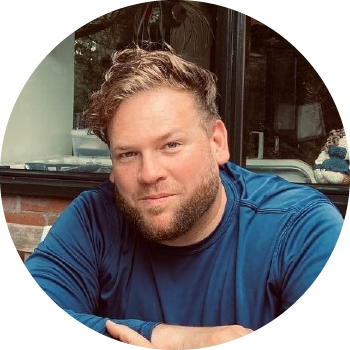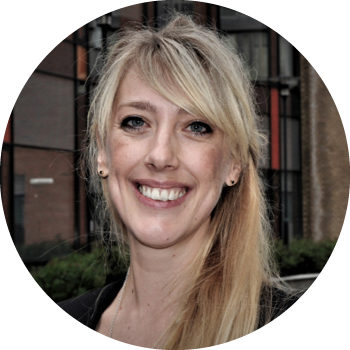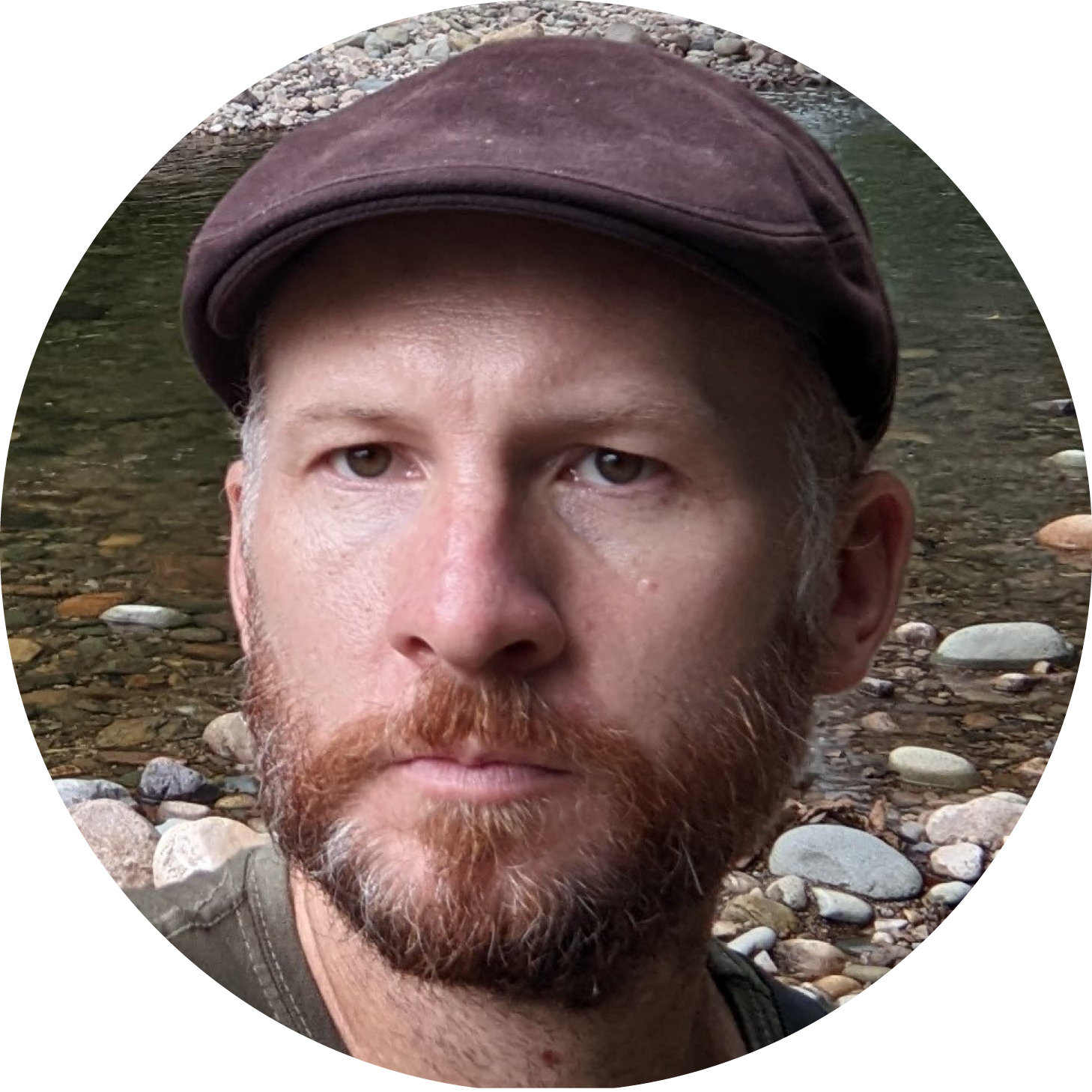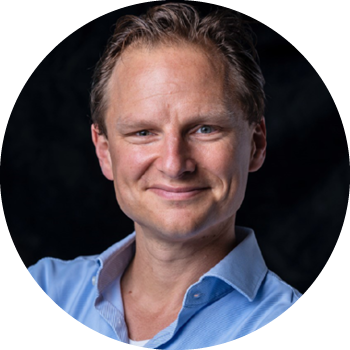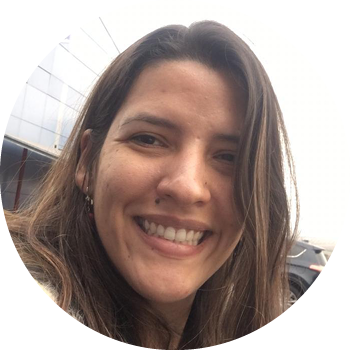
About the HSC
The Hague Humanitarian Studies Centre was set up in 2023 by Professor Thea Hilhorst, following her Spinoza Prize award in 2022. We are an open organisation, committed to continued learning and the co-creation of knowledge around Humanitarian Studies from diverse sources and scholars. The HSC functions not only as a place for the creation of knowledge, but also as an engine for the dissemination of this knowledge, looking to connect researchers with Humanitarian, Development, and Peacebuilding practitioners, policy-makers, and professionals. The Centre is based at the International Institute of Social Studies, Erasmus University Rotterdam.
Read about the August 2023 launch event
The HSC is a hive of transformative initiatives that seeks to enable a world of humanitarian justice: where affected communities, national agencies and local civil societies are central in preventing, preparing for, and responding to crises emanating from disaster, conflict, forced migration or fragility, and where they are supported by international actors.
We strive for a world where work around crises is anticipatory, dignified, inclusive, and reduces inequalities. We do this through programmes in high-end research, tailored education, impact, grounded engagement and by advocating through our network.
In the future, we want to become a leading centre of (critical) humanitarian studies. We will be a resource and driver for innovative, equitable, and just solutions to the most pressing challenges in relation to conflict, disasters, forced migration, and fragility. We will do this through research, education, impact, and advocacy, all grounded in a vibrant global network, and adhering to our core commitments and values.
We are committed to:
- An approach to research and impact that embodies plurality, reflexivity, enrichment, quality, and fairness
- A contextual approach to each humanitarian situation, crisis, programme, or policy
- A global network of partners, focused on those directly affected by crisis, and which is based on truly equal partnerships
- Inclusive education, made accessible and tailored to specific contexts
- Communicating about our work and humanitarian studies consciously, ethically and in an accessible and inviting way
Hosted at the HSC
KUNO is the knowledge exchange platform for humanitarian organisations in the Netherlands. It facilitates reflection on new developments and existing principles, facilitates learning processes, and reaches out to an audience beyond the humanitarian community for cross-sectoral thought exchange.
IHSA is a network engaged with the study of humanitarian crises caused by disaster, conflict, or political instability. It offers a venue where researchers and practitioners can meet and debate their different insights and understanding of humanitarian crises. IHSA also works to provide useful tools and resources for people working within Humanitarian Studies, for example various databases and knowledge banks, as well as providing smaller spaces to discuss specific issues and themes. IHSA has a biennial conference, annual lecture and various working groups.
The SSRi is an initiative that intends to provide high-quality training for researchers that conduct fieldwork in post-/conflict zones, areas of fragility, or other high-risk areas. Existing HEAT trainings given to humanitarian actors are insufficient for researchers, and there are also researcher-specific risk factors that need special attention. Aside from the training programme for researchers, SSRi also provides a ‘train the trainers’ programme which allows more people to benefit from high-quality training.
Our team
Academic Staff
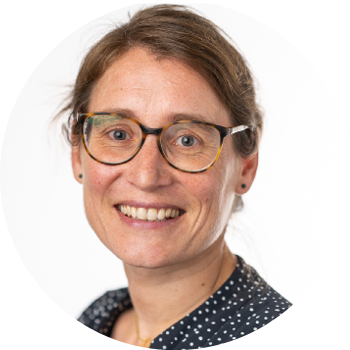
Carolien Jacobs
Climares Coordinator



